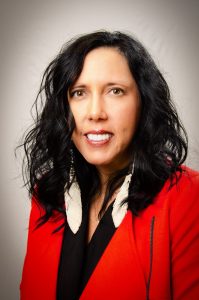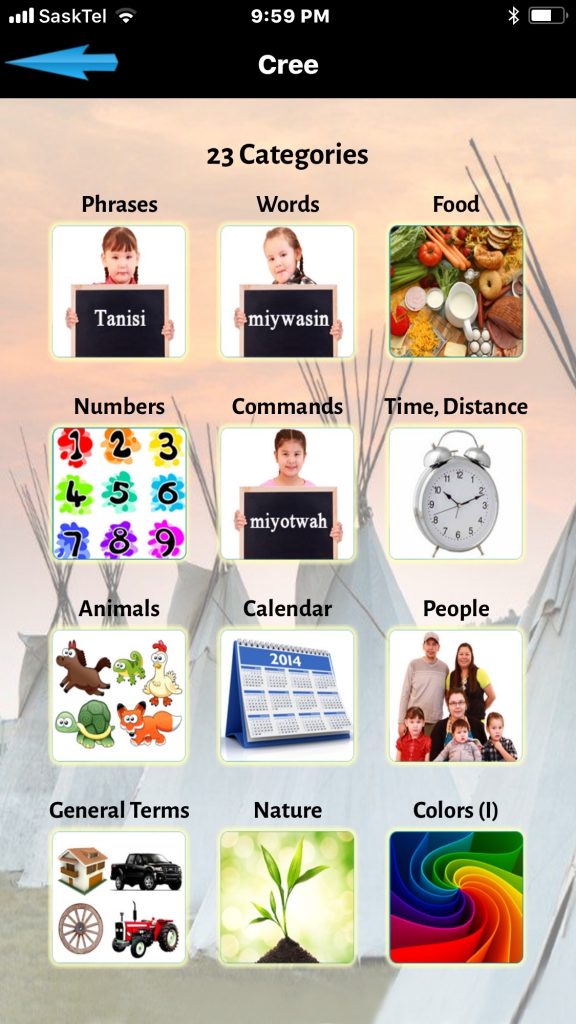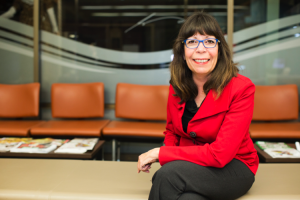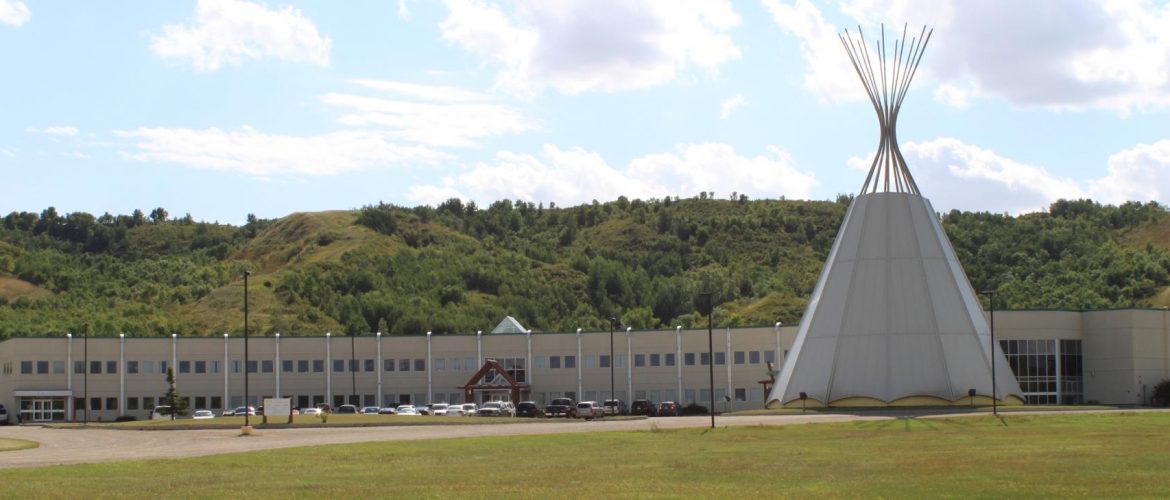Rising rates of dementia in Canada are a known public health concern. What’s less commonly understood is how dementia affects Indigenous communities in Canada.
Rates of dementia in Indigenous communities have been steadily increasing for the past decade—and research shows that onset is now occurring, on average, 10 years younger than in non-Indigenous communities.[1]

Dr. Carrie Bourassa
The Baycrest-led Centre for Aging + Brain Health Innovation (CABHI) is supporting a pioneering study that explores how language development technology can improve quality of life for Indigenous older adults living with dementia and their caregivers.
The study will introduce a group of First Nations older adults to apps that use learning, games, and quizzes to engage users in five Indigenous languages (Cree, Saulteaux, Dakota, Lakota, and Nakota). The project will assess how engagement with language stimulates brain activity, as well as identify user needs in adopting the technology.
Participating older adults and caregivers are from 11 First Nations in southern Saskatchewan, represented by the File Hills Qu’Appelle Tribal Council. The 15-month study is being conducted by Indigenous community-based health research lab Morning Star Lodge, led by scientific director of Canadian Institutes of Health Research, Institute of Indigenous Peoples’ Health Dr. Carrie Bourassa.
“We are working with our partner, the File Hills Qu’Appelle Tribal Council, to explore how technology can address aging at home as well as treatment and prevention of dementia among their communities,” says Bourassa.
App use is expected to benefit older adults by making it easier to age at home for longer—reducing costs to the healthcare system—and impact quality of life for caregivers.

One of the Indigenous language apps (Cree) being implemented in the communities.
Many older adults in Indigenous communities are aging at home, often in an intergenerational setting. Because the participating First Nations communities are far from urban centres, caregivers do not have easy access to mainstream services that could support them.
“We know the caregiver experience in our communities is a bigger burden, if you will, because they’re taking care of everything themselves,” says Danette Starblanket, lab co-lead. “We want to help caregivers by giving them access to an educational activity they can do with their loved ones.”
The study is also assessing how to best support caregivers and older adults in adopting dementia technologies in general.
“The communities totally understand the benefits of technology, but it’s a matter of accessibility and readiness,” Starblanket says. “We want to support them to feel more comfortable using technology that will be of benefit.”
The lab hopes the study, as a first step, will lead to a shift in cultural mindset and to the uptake of other technologies.
A key component of the group’s work is their close collaboration with the File Hills Qu’Appelle Tribal Council Community Research Advisory Committee. Partnering with community representatives leads to more nuanced research, says Starblanket, and increases the likelihood that technologies will be successfully adopted.
“The relationship makes the entire difference between effective and non-effective research – what will be embraced by the communities in the long run and what won’t be,” says Starblanket.

Danette Starblanket
The study is supported by CABHI’s Strategic Opportunity Fund. The lab was initially attracted to working with CABHI because of its focus on brain health and dementia. They aim to leverage CABHI’s widespread network to disseminate their work to research groups and other Indigenous communities in Canada.
“Our long-term goal is to continue partnering with CABHI,” says Starblanket. “I see this as the beginning of a significant project to bring much-needed technology to the communities who have identified accessibility as a barrier.”
“It has been a new and exciting learning experience working with CABHI,” says Bourassa. “We’re very grateful for these new opportunities for growth.”
[1] Kristen Jacklin, https://ccna-ccnv.ca/news/6841/


